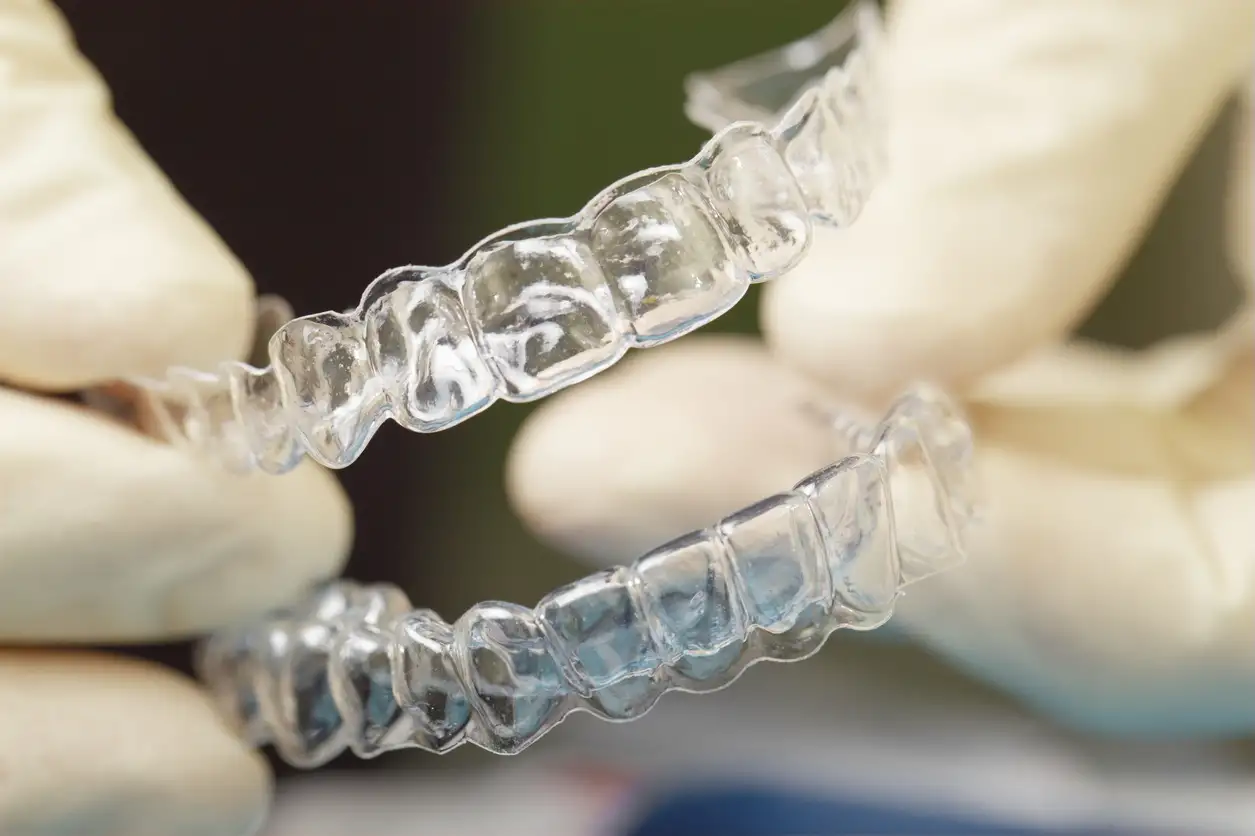Crohn's Disease Treatment: Understanding Options and Early Intervention
Why Early Treatment Matters. Without appropriate treatment, Crohn’s disease can lead to serious complications such as strictures (narrowing of the bowel), abscesses, fistulas, and even the need for surgery. Early intervention and modern therapies can help reduce inflammation and prevent long-term damage.

What Are the Early Signs of Crohn’s Disease to Watch For?
Recognizing early symptoms of Crohn’s disease is crucial for timely intervention. Common early warning signs include persistent diarrhea, unexplained abdominal pain, fatigue, and unexpected weight loss. Some individuals may also experience mouth sores, reduced appetite, and low-grade fever. These symptoms can vary in intensity and may come and go, making it essential to track and report them to healthcare providers for proper evaluation.
Why Early Treatment Matters
Early intervention in Crohn’s disease can prevent serious complications and improve long-term outcomes. When treatment begins in the early stages, patients have a better chance of achieving remission and maintaining it for longer periods. Early treatment can also help prevent intestinal damage, reduce the likelihood of surgery, and minimize the risk of complications such as strictures and fistulas. Additionally, prompt intervention often means less aggressive treatment may be needed initially.
What Are the Primary Goals of Crohn’s Disease Treatment?
The main objectives of Crohn’s disease treatment include reducing inflammation, relieving symptoms, preventing flare-ups, and promoting healing of the intestinal tissue. Treatment plans typically aim to:
-
Achieve and maintain remission
-
Improve quality of life
-
Prevent complications
-
Address nutritional deficiencies
-
Minimize side effects from medications
-
Avoid surgical intervention when possible
How Do Medications Play a Role in Managing Crohn’s Disease?
Medication is often the cornerstone of Crohn’s disease treatment. Different classes of medications may be used depending on disease severity and individual patient factors:
-
Aminosalicylates: Often used for mild to moderate disease
-
Corticosteroids: For managing acute flares
-
Immunomodulators: Help maintain remission
-
Biologics: Target specific proteins involved in inflammation
-
Antibiotics: Used when infection is present or for fistula treatment
Current Treatment Options and Associated Costs
Treatment costs for Crohn’s disease can vary significantly based on the chosen therapy and insurance coverage:
| Treatment Type | Average Monthly Cost | Insurance Coverage |
|---|---|---|
| Aminosalicylates | $100-500 | Generally covered |
| Corticosteroids | $50-200 | Usually covered |
| Immunomodulators | $200-1,000 | Typically covered |
| Biologics | $1,000-5,000+ | Often requires prior authorization |
| Surgical Procedures | $20,000-60,000 | Coverage varies |
Prices, rates, or cost estimates mentioned in this article are based on the latest available information but may change over time. Independent research is advised before making financial decisions.
Managing Crohn’s disease requires a personalized approach, as no single treatment works for everyone. The key to successful management lies in early recognition of symptoms, prompt medical intervention, and consistent adherence to prescribed treatments. Regular monitoring and adjustment of treatment plans ensure optimal outcomes and improved quality of life for individuals living with Crohn’s disease.
This article is for informational purposes only and should not be considered medical advice. Please consult a qualified healthcare professional for personalized guidance and treatment.




